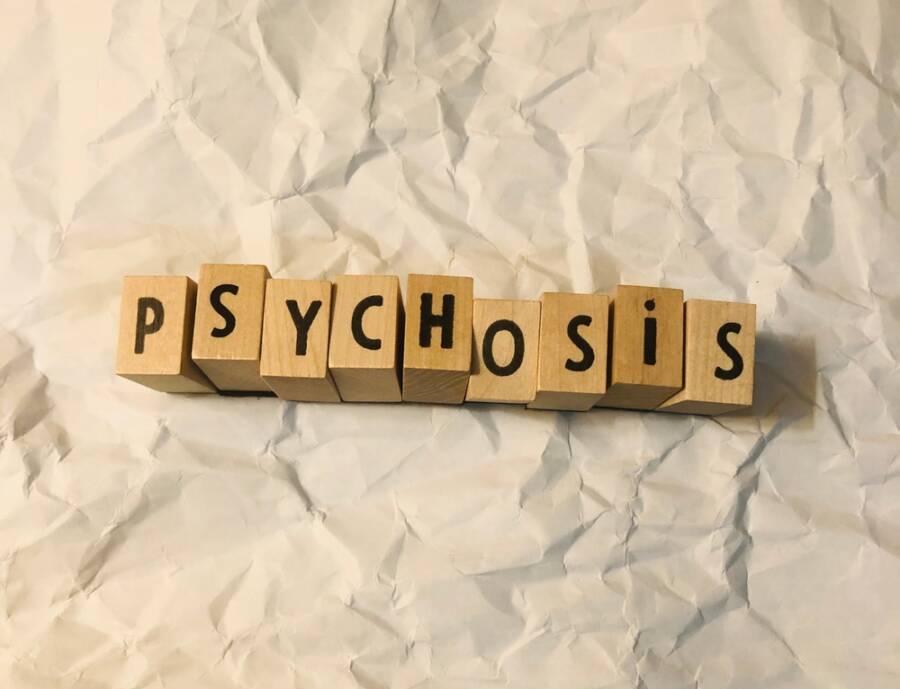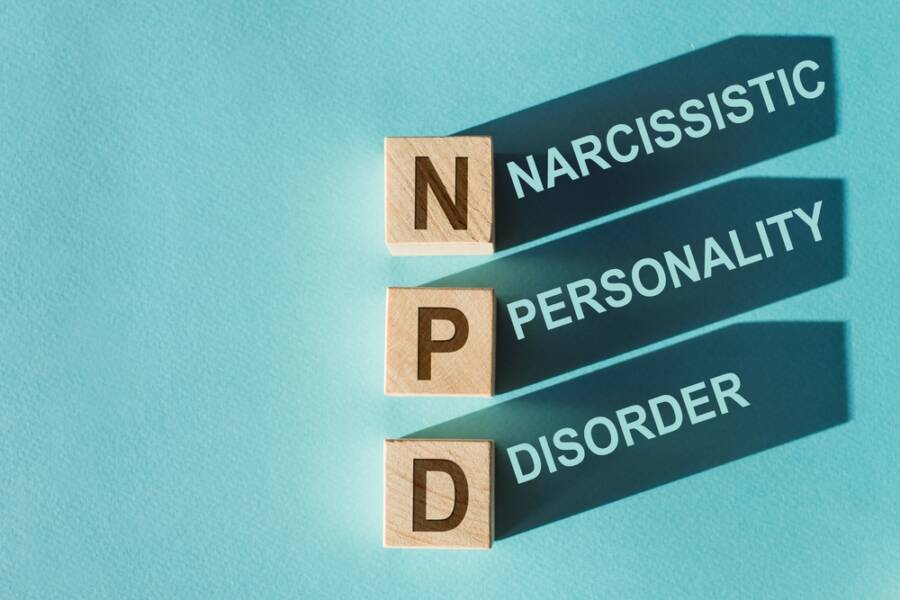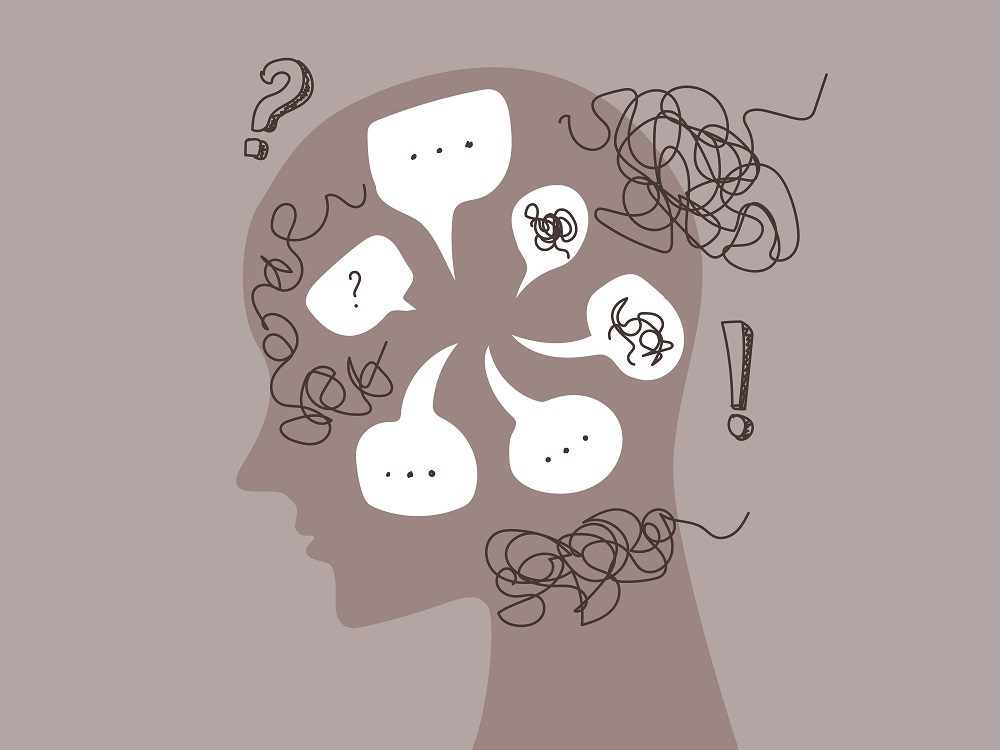In our modern society, mental health has become a significant topic of discussion, and two terms that are frequently used together but are quite distinct in nature are nervous breakdowns and panic attacks.
Even though the term nervous breakdown is not used as much by therapists today, it still describes a large variety of mental disorders.
While both conditions are associated with intense psychological and emotional distress, they differ in symptoms, duration, and causes. If you can understand these differences, you can manage them properly and seek the right kind of help.
In this article, we will try to explore the key differences between a nervous breakdown and an attack, their early signs, and how to cope with these conditions. If you want to find more, keep reading!

What is a Nervous Breakdown?
The term nervous breakdown is not medically recognized but is used to describe a period of intense mental or emotional distress where a person is not able to function properly in their day-to-day life. If you have this condition, you can feel overwhelming periods of anxiety, depression, stress, and a sense of being mentally exhausted by life’s challenges.
This term is mainly used when someone reaches a point of emotional exhaustion as a result of prolonged stress or mental strain. People that experience a nervous breakdown can feel dissociated or have suicidal thoughts; that’s why it’s important to seek treatment from a professional. This condition can last for weeks or months, even for some years.
Causes and Symptoms of a Nervous Breakdown
Nervous breakdowns usually appear after the individual has experienced a combination of stressors for a long period of time. There are some signs and symptoms that can be mental, emotional, or, in some cases, even physical.
They can vary from inability to focus, mood swings, social withdrawal, sleep disturbances, to emotional exhaustion.
Some circumstances can trigger a breakdown because everyone has a different way to cope with challenging situations or has a different tolerance for stress.
Common causes that produce this condition can be: chronic stress or anxiety, personal loss or trauma, work pressure or burnout, relationship problems, and physical health issues.
What is a Panic Attack?
A panic attack is a sudden and intense episode of fear or anxiety that can happen unexpectedly or in response to a certain trigger. These attacks produce physical and emotional symptoms that will make you feel like you are losing control of your mind and body, or you are experiencing a life-threatening event like a heart attack.
There is no well-known cause for these attacks; some happen out of the blue while others keep on repeating themselves. Some attacks appear in certain circumstances, like being in a scary situation, being in the presence of a wild animal, or being in a tight space like an elevator or cave.
These episodes don’t last a lot of time, usually 5 to 20 minutes, but they are incredibly intense and can make the person feel exhausted.
Causes and Symptoms of a Panic Attack
As we already said, there is no common or known cause for panic attacks. They can be triggered by many factors, such as: phobias, stress, trauma or PTSD, genetics, substance use or withdrawal, health concerns, or even genetics.
Even though the attacks can’t be predicted and happen suddenly and without warning, there are several things to be aware of that might help. If you experience rapid heart rate, shortness of breath, chest pain, dizziness, trembling, nausea, or sweating, you may go through a panic attack.
If you have an attack for the first time, it’s recommended to seek immediate medical help. While panic attacks may be a one-time occurrence, repeated episodes can indicate a panic disorder, which can affect the quality of life.
Key Differences Between a Nervous Breakdown and a Panic Attack
Duration:
A nervous breakdown is a prolonged period of emotional and psychological distress. It can last for days, weeks, or even months, depending on the severity of the situation and the individual’s ability to cope.
On the other hand, a panic disorder is a short-lived event that peaks within 10 minutes and typically resolves within 20-30 minutes. While it can be intense, it is usually brief.
Nature of the Symptoms:
The symptoms of a nervous breakdown are usually ongoing feelings of sadness, fatigue, irritability, and emotional numbness. People that experience this condition feel emotionally and physically drained, and it may interfere with daily life.
The attacks involve sudden and intense physical and psychological symptoms, such as feelings of terror, impending sense of doom, rapid heart rate, and shortness of breath. Even if the episode is intense, the individual can feel fine once it passes, and the overall mental health may not necessarily be impacted.
Cause:
A breakdown can typically be caused by stressful situations that accumulate over time, work pressure, personal challenges, or trauma. It is the result of someone’s inability to cope with these factors.
Panic disorder is the condition that involves recurrent and unexpected panic attacks, which can happen at any given time. These attacks don’t have a specific cause but may be triggered by stress or anxiety.
Impact on Daily Functioning:
A nervous breakdown severely impacts a person’s ability to function on a daily basis. If you suffer from this condition, you may struggle to carry out basic tasks, such as going to work, taking care of family responsibilities, or maintaining social relationships.
While an attack can be terrifying, it typically does not lead to the same level of disruption in daily life as a nervous breakdown. However, repeated panic attacks may lead to anxiety and avoidance behaviors, which can impact a person’s routine.
Treatment and Recovery:
The treatment for a nervous breakdown includes a combination of cognitive-behavioral therapy, lifestyle changes, and sometimes medication. Recovery may take weeks or months, depending on the person.
Panic attacks can be treated by a variety of options, including cognitive-behavioral therapy, relaxation techniques, exposure therapy, and medication such as anti-anxiety or antidepressant drugs. Treatment is often focused on reducing anxiety and future attacks.
What to do if you go through any of these conditions?
If you find yourself experiencing any of the symptoms that we mentioned before, you should start seeing a therapist. In the meantime, you can try to do some relaxation techniques. You can go and have a long walk or lie on the grass. Try to calm yourself, and if you notice any triggers or stressful factors, get rid of them or remove yourself from that environment.
You should also try a breathing technique. Breathe in through your nose until you are full, hold the air in for 3 seconds, then breathe out. Repeat this for at least a few minutes.

While a nervous breakdown and an attack are both linked to extreme emotional and psychological distress, they are distinct conditions with different durations, causes, and effects on daily life.
A nervous breakdown typically involves prolonged stress and leads to significant disruptions in a person’s ability to function, while panic attacks are intense but brief episodes of fear or anxiety. Understanding these differences and recognizing the early signs of each condition is essential for seeking appropriate help.
If you or someone you know is experiencing symptoms of either a nervous breakdown or panic attack, seeking professional help is vital. Therapy, lifestyle changes, and medication can be effective treatments, helping individuals to regain control over their mental and emotional well-being.
If you are looking to improve your mental health, here is a 52-Week Mental Health Journal that we recommend trying out.
Also, you can check out: These Are the 6 Types of Anxiety Disorders










Its like you read my mind! You seem to know so much about this, like you wrote the book in it or something. I think that you can do with a few pics to drive the message home a little bit, but other than that, this is wonderful blog. A fantastic read. I’ll definitely be back.